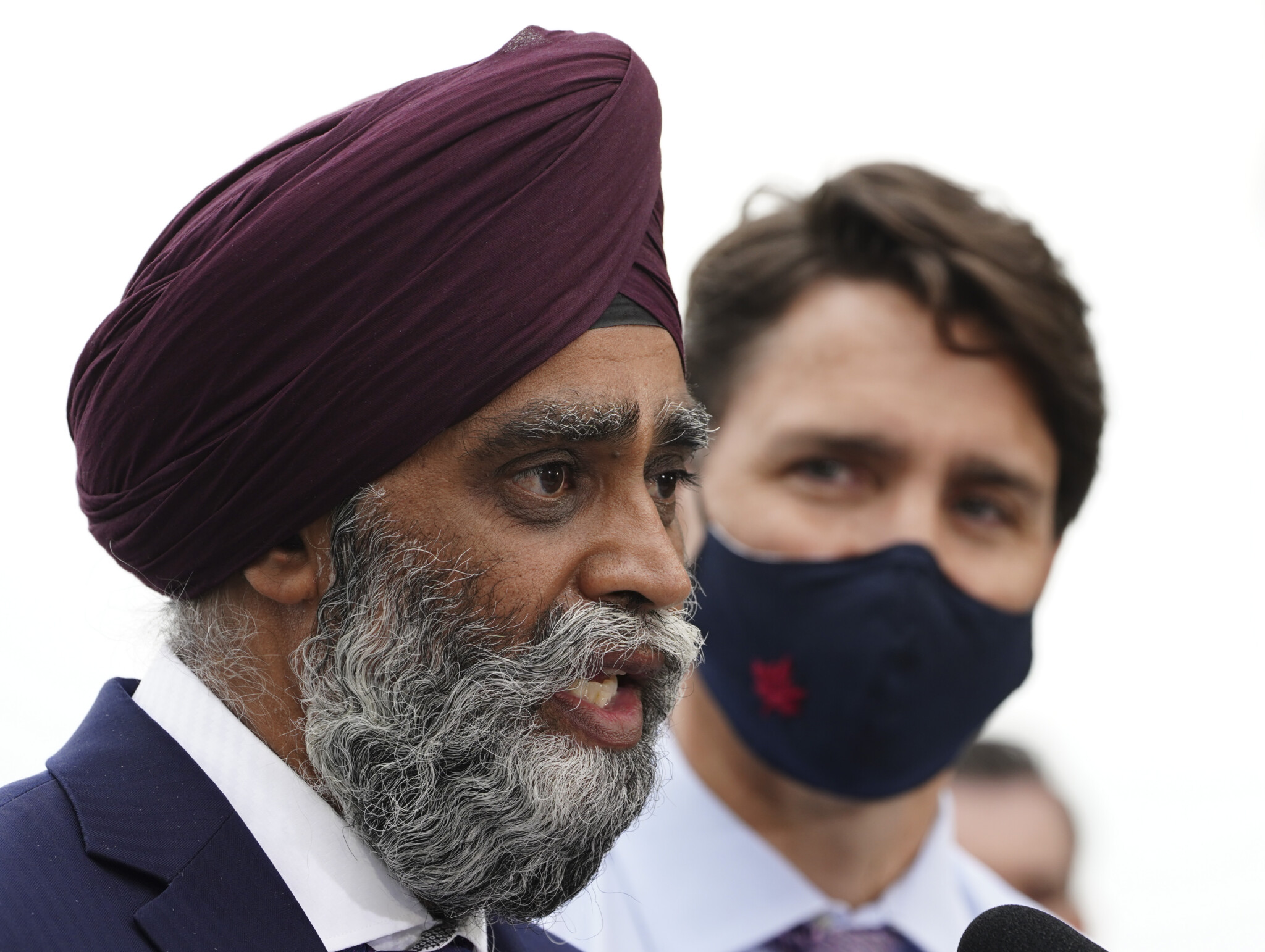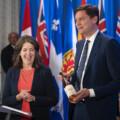In The Weekly Wrap Sean Speer, our editor-at-large, analyses for Hub subscribers the big stories shaping politics, policy, and the economy in the week that was.
The Weekly Wrap typically covers three issues or topics from the previous week. But this week there were two stories that stood out: the Afghanistan withdrawal scandal and News Media Canada’s hypocrisy.
Sajjan’s shocking dereliction of duty reflects a deeper cultural problem
The biggest Canadian political news this week was the fast-evolving Globe and Mail reporting on the Trudeau government’s mishandling of the withdrawal from Afghanistan in August 2021.
In particular, veteran journalists Robert Fife and Steven Chase reported that then-defence minister Harjit Sajjan personally intervened during the real-time evacuation efforts to have Canadian troops prioritize a small group of Afghan Sikhs—even though anonymous military sources say that it distracted them from rescuing Canadian citizens and Afghan citizens who had courageously supported Canada’s military mission.
Sajjan’s initial response was to accuse these reports as racist, but military officials—including outgoing Chief of the Defence Staff Wayne Eyre—have since corroborated their reporting. It’s a shocking case of senior government officials failing the national interest.
New reports that Sajjan’s riding association received donations from people associated with the domestic Sikh groups who had been lobbying for his extraordinary intervention may make the story more salacious but in my mind it doesn’t fundamentally change things. He interfered in an on-the-ground rescue operation so that Canadian forces prioritized non-citizens over citizens. Full stop.









